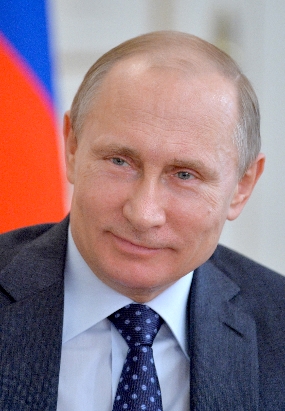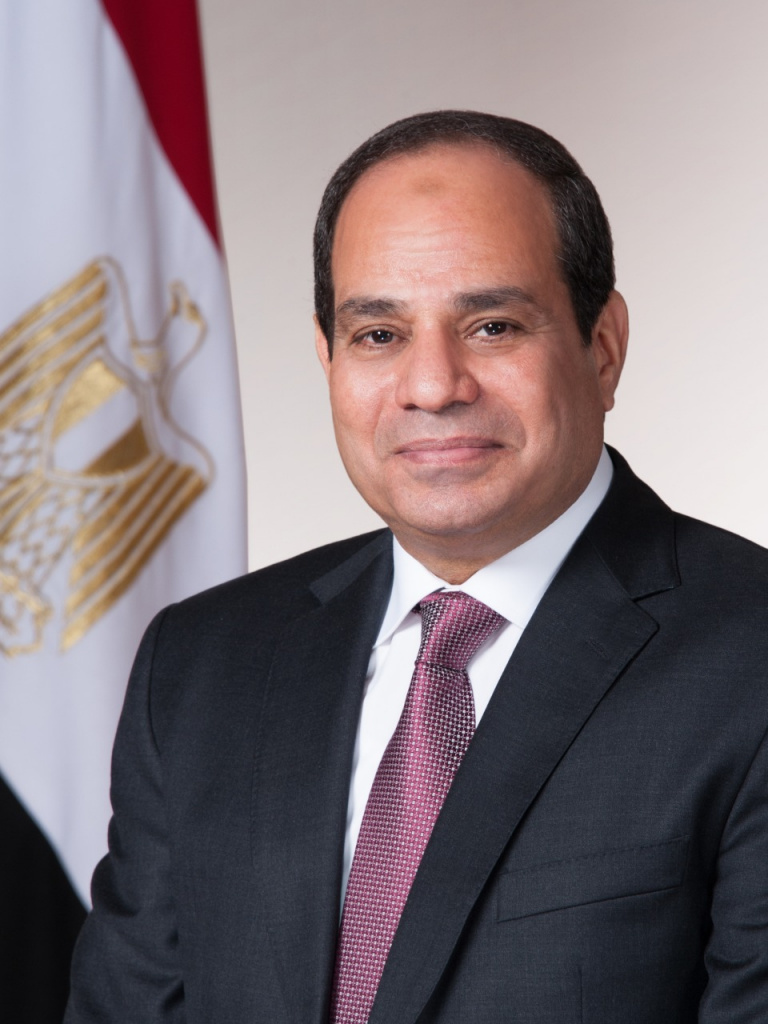How Russia Can Help Africa with Education and Science Discussed as Part of Russia-Africa Forum Youth Programme
A panel discussion entitled ‘Building a Common Future: Educational and Scientific Opportunities of Russia for Africa’ took place on 28 July as part of the Russia-Africa Economic and Humanitarian Forum youth programme. Speakers and experts participating in the event included Director of Center for Strategic Initiatives, MISIS University; Deputy Chairman, Coordinating Council for Youth Affairs in the Scientific and Educational Spheres of the Council under the President of the Russian Federation for Science and Education Andrey Voronin, Governor of Khanty-Mansi Autonomous Area – Yugra Natalya Komarova, Leader of the Pan-African Movement Kemi Seba, Core Team Member of Friends for Leadership at the Center for International Promotion Foundation David Okpatuma, and Advisor to the Head of International Activities at the Talent and Success Foundation Maria Matveeva. The discussion was moderated by Vice-Rector for Youth Policy, Social Work and International Relations at the Moscow State Institute of International Relations Stanislav Surovtsev.
In his opening remarks, Surovtsev spoke of a new desire on the part of Russia to develop co-operation in education with the countries of Africa. “It is very important that we lay the foundation for fruitful and mutually beneficial co-operation right now,” the moderator said as he kicked off the discussion.
President of the Pan-African Movement Kemi Seba spoke first, reporting that the educational models imposed by the West remained in force on the African continent: “We have African school programmes, but they are European and American, and we ought to have our own”. Seba said that co-operation in the 21st century should be devoid of ideology and should be equitable and mutually beneficial.
Picking up the discussion was Governor of Khanty-Mansi Autonomous Area – Yugra Natalya Komarova, who stated that Khanty-Mansi Autonomous Area – Yugra was prepared to increase the number of students it took in from Africa in a variety of fields ranging from oil and gas, energy, and medicine to IT. “There are already more than 400 international students studying with us, approximately 20 from Africa, and we are prepared to do more in this respect [to increase the number of students from Africa in Yugra]. We are working systematically to create educational opportunities for Russians and international students alike,” Komarova said. According to her, Yugra State University was ready to open distance learning centres for the study of Russian in Africa. The university’s pilot version trained 10 young people at the Russian House in Zambia during the coronavirus pandemic, and they went on to satisfy Russian language minimum requirements and qualify for scholarships under the Russian Ministry of Education and Science quota.
Advisor to the Head of International Activities at the Talent and Success Foundation Maria Matveeva spoke about opportunities that exist for African students in Russia. “On 27–28 April, we held our first ever International Mathematics Olympiad. Next year we are inviting students from the African continent to participate in person,” Matveeva said, noting that the next event that would open to young Africans is the International Astronomy Olympiad, slated for November 2023.
Core Team Member of Friends for Leadership at the Center for International Promotion Foundation David Okpatuma focused on the importance of educational co-operation between Russia and Africa. He noted that the population of Africa had exceeded 1 billion, 60% of whom were young people, and that African students thought very highly of the Russian education system. “Russia’s education system aligns with our traditions and our values. And when students return, they can benefit the continent in important ways,” Okpatuma said in summary.
The Second Russia-Africa Economic and Humanitarian Forum and Summit have been organised by the Roscongress Foundation.
Event website: summitafrica.ru


